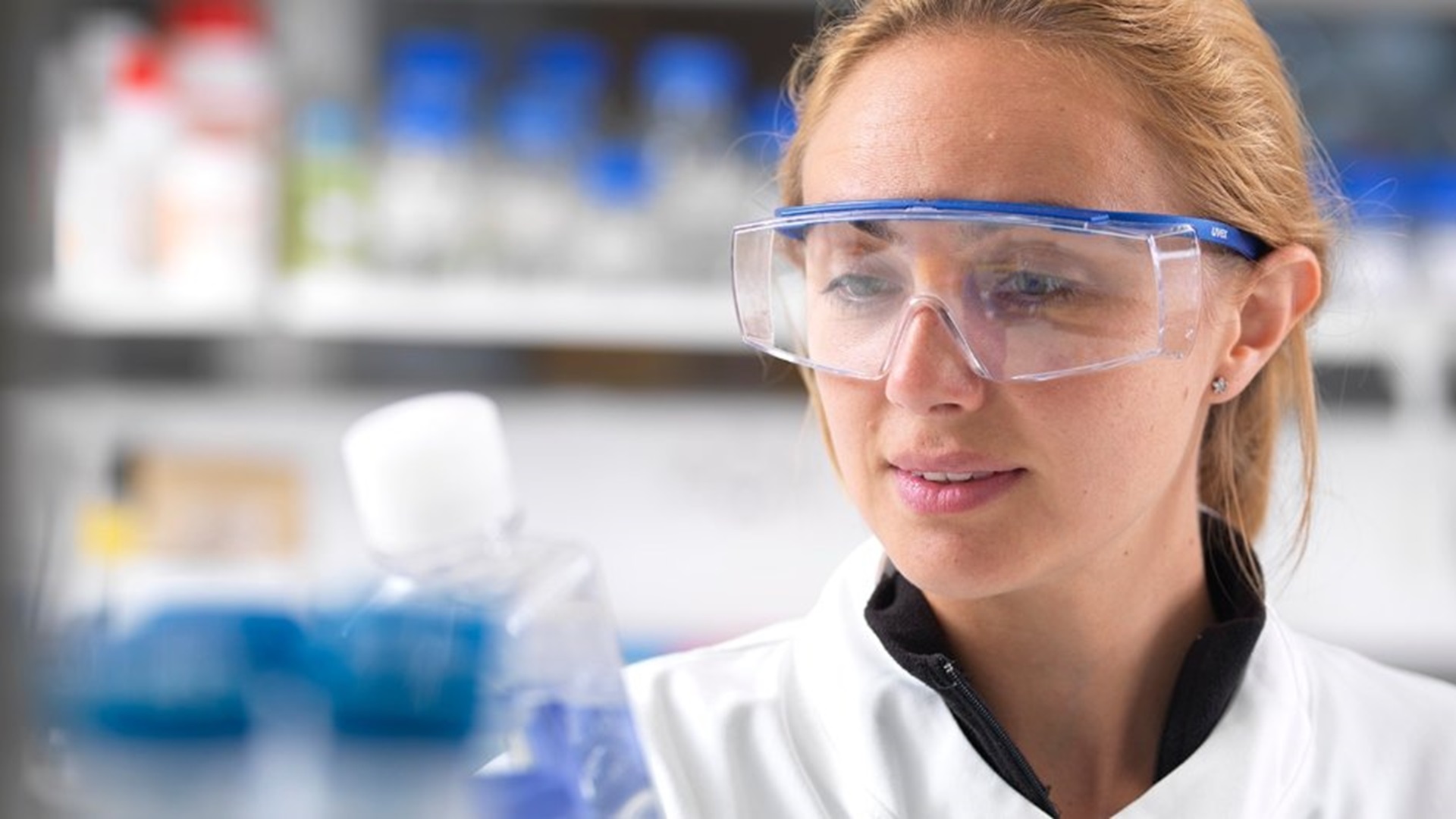
Opportunity: A novel test for predicting future cancer risk in patients with inflammatory bowel disease
Professor Trevor Graham
ICR lead scientists/inventors:
Professor Trevor Graham
Opportunity at a glance
- The Institute of Cancer Research, London, is seeking a commercial partner to support the development of a new test for predicting future cancer risk in patients with inflammatory bowel disease (IBD).
- Development team has shown that a genomic biomarker of aneuploidy (also called copy number alterations) in routinely collected endoscopic biopsies is a very strong predictor of future bowel cancer risk in IBD patients.
- The researchers have also developed a predictive algorithm that combines this biomarker with known clinical risk factors to calculate a personalised risk score for each IBD patient.
More about a novel test for predicting future cancer risk in patients with inflammatory bowel disease
Inflammatory bowel disease (IBD) is a term that describes a group of long-term conditions involving inflammation of the gut, which affects more than 500,000 people in the UK alone. The two major types of IBD are ulcerative colitis and Crohn’s disease.
People with IBD have double the lifetime risk of developing bowel cancer than the general population and are enrolled in surveillance colonoscopy, which aims to detect and remove precancerous tissue to prevent the disease. However, the effectiveness of current screening programmes is poor - and the vast majority of IBD patients will never develop the disease, rendering most of these invasive, costly and labour-intensive procedures unnecessary. Consequently, there is an urgent unmet need for an objective (molecular) test for cancer risk prediction in IBD.
Researchers at The Institute of Cancer Research (ICR) have discovered that aneuploidy – loss or gain of part or whole chromosomes, also called copy number alterations (CNAs) – can be measured in routinely collected endoscopic biopsies using the shallow whole genome sequencing (sWGS) assay. They have shown that the genome-wide pattern of aneuploidy is a very strong predictor of future cancer risk in two large retrospective case-control cohort studies (237 IBD patients in total).
The ICR team has optimised a laboratory and bioinformatics pipeline (Figure 1) – which combines this genomic biomarker into an algorithm that includes known clinical risk factors for bowel cancer to calculate a personalised risk score for each IBD patient. They are now seeking a commercial partner to support the further development of this test to an industry standard in compliance with the relevant regulations.
Key points
- Implementing this novel biomarker into clinical practice could lead to significant improvements in the management of IBD patients - identifying those at high risk of developing bowel cancer who need closer monitoring while sparing low risk patients from unnecessary colonoscopies.
- With 500,000 people affected by IBD in the UK alone, the potential for improving patients’ quality of life while also reducing the burden to the NHS is substantial.
- A longer-term goal is to determine whether this risk prediction algorithm can be applied to non-invasive biopsies, such as blood or stool, potentially eliminating the need for colonoscopies.
Key publications
- Curtius K, et al. Multicentre derivation and validation of a colitis-associated colorectal cancer risk prediction web tool. Gut. 2022 (4):705-715. doi: 10.1136/ gutjnl-2020-323546.
- Al Bakir, et al. The development of a clinically-applicable genomic biomarker of colorectal cancer risk in IBD patients with low grade dysplasia. (manuscript in preparation).
- Curtius, et al. A genomic biomarker of cancer risk in ulcerative colitis using endoscopic surveillance biopsies. (manuscript in preparation).
Contact us
Contact:
Joo-Hee Sir PhD
Business Development Manager